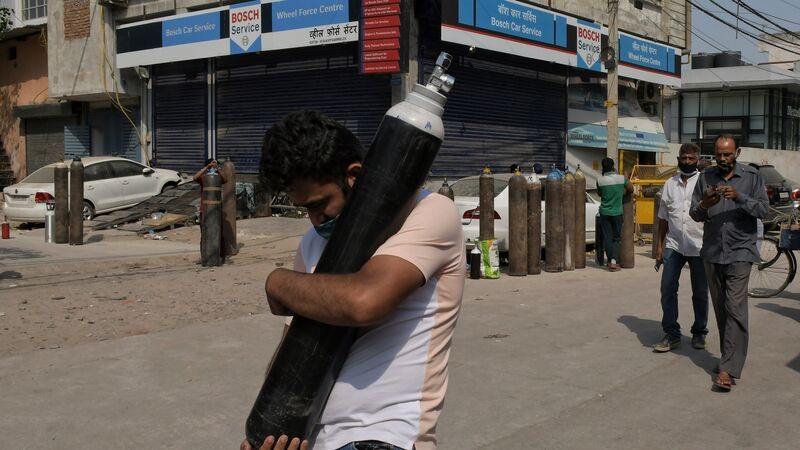Wealthy nations overcoming Covid urged not to forget poorer cousins

The US, the EU and Britain are being urged to do more to aid poorer countries in their fights to beat the Covid-19 pandemic.
Mass vaccinations, falling case counts and waning coronavirus deaths in a few wealthy countries threaten to obscure ongoing worldwide suffering from the pandemic that’s likely to last for months, and perhaps years, to come.
That’s Carl Bildt’s worry as the new special envoy to the World Health Organisation-backed effort set up last year to dispatch vaccines and other weapons against Covid-19.














